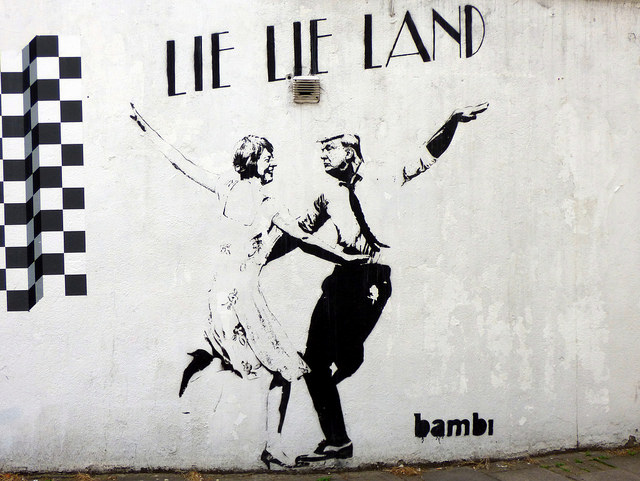A new report by ASPE (Assistant Secretary for Evaluation and Planning), a research arm of the US Department of Health and Human Services, confirms that US drug prices for some of the physician-administered drugs covered under Medicare Part B are almost double the prices in other wealthy countries. To date, there is no bill in Congress to do anything about it. And, there is no evidence that President Trump will do anything meaningful about these high prices in his executive capacity, notwithstanding his claims to the contrary.
The ASPE report explores some of the drivers of high physician-administered (non-retail) drug spending under Part B. Non-retail drug spending for each Medicare enrollee increased 7 percent a year in the five years between 2006 and 2011 and 11 percent a year in the five years between 2011 and 2016. One driver of high non-retail drug spending is that physicians have a financial incentive to administer costlier drugs, as they earn 6 percent of the cost of the drugs they administer.
Price is another driver of high drug spending. The researchers find that Medicare pays on average 1.8 times more for these non-retail drugs than peer countries. Medicare does not use a formulary as a tool to limit coverage and rein in the price of non-retail drugs. Other countries often rely on a formulary to keep their drug spending in check.
ASPE compared drug prices for 27 non-retail drugs on which Medicare spends the most. And, it looked at their prices in 17 countries, including the US.
President Trump claims that he wants to bring these Medicare Part B drug prices down to a level similar to what peer countries pay, sometimes called international reference pricing. If he actually were to do so, it could be a small step forward. But, his proposal leaves one wondering why he is not addressing drug prices under the Part D prescription drug benefit, where drug spending is far higher.
Moreover, there is no reason to believe Part B drug prices will come down under Trump’s proposed plan, given that he has made all kinds of claims about reining in prescription drug prices, none of which have come to pass.
Even if Trump’s international reference pricing proposal were implemented, it would likely make no difference on overall drug spending, which in 2017 totaled $489 billion, or reduce out-of-pocket costs for people with Medicare. The administration is claiming a savings of $17.2 billion over 5 years, less than $3.5 billion a year. That represents less than 1.0% of the drug industry’s revenues in 2017.
It is also easy to imagine that pharmaceutical companies will raise their prices higher elsewhere or otherwise game the system to ensure their profits remain intact. Axios reports that investors are not worried that Trump’s plan will have any effect. The Nasdaq’s Biotechnology Index was up 1.75% after Trump’s announcement.
If you want Congress to rein in drug prices, please sign this petition.
Here’s more from Just Care:










